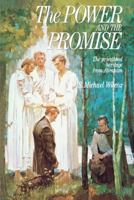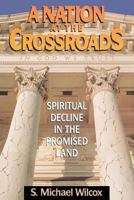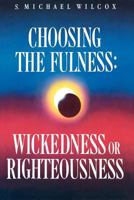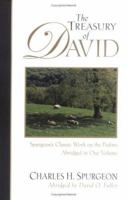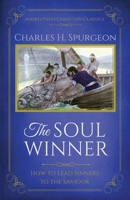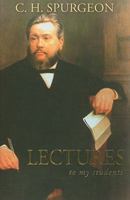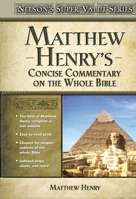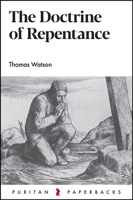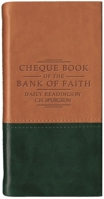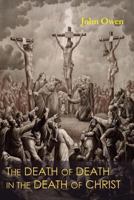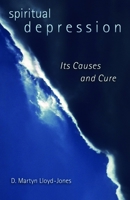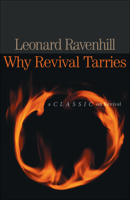Treasury of David [2 Volume Set - Old Time Gospel Hour Edition]
Select Format
Select Condition 
More by S. Michael Wilcox
Book Overview
Charles Haddon Spurgeon, the "Prince of Preachers", composed and polished The Treasury of David over the span of nearly half his ministry. This incomparable commentary and omnibus on the Psalms has been prized by Christians ever since.Spurgeon's own commentary on every verse of the Psalms is extremely insightful, and by itself it quite rich. In The Treasury of David you will also find a wealth of illuminating extracts and quotes from hundreds of commentators, contemporaries of Spurgeon as well as the great Puritan expositors of the seventeenth and eighteenth centuries. Homiletical hints on almost every verse, concise sermon outlines, provocative seed thoughts as well as useful bibliographies and an index of authors offer practical help for preaching and teaching.Whether you are teaching on the Psalms, studying them for personal devotions, or simply intrigued by the writings of Spurgeon, you'll enjoy this splendid classic.Charles Haddon Spurgeon served for thirty years as preacher and pastor of London's six-thousand-seat Metropolitan Tabernacle, which his growing congregation opened in 1861. His writings, including thousands of sermons, are still popular with pastors and devotional readers. This description may be from another edition of this product.
Format:Paperback
Language:English
ISBN:0801080932
ISBN13:9780801080937
Release Date:January 1978
Publisher:Baker Book House
Weight:1.14 lbs.
You Might Also Enjoy
Customer Reviews
7 customer ratings | 3 reviews
There are currently no reviews. Be the first to review this work.
Escaping the Delta: Robert Johnson and the Invention of the Blues Mentions in Our Blog

The Glory of the Harlem Renaissance
Published by William Shelton • February 17, 2023
Langston Hughes described the experience of the Harlem Renaissance as "…to express our individual dark-skinned selves without fear or shame." It was a movement of the senses, steps quickened to the sound of Jazz and Blues, the air was redolent of food reminiscent of Carolina and the Caribbean, the mind was stimulated by new ideas, and the energy was like an electric current to a wire.

































